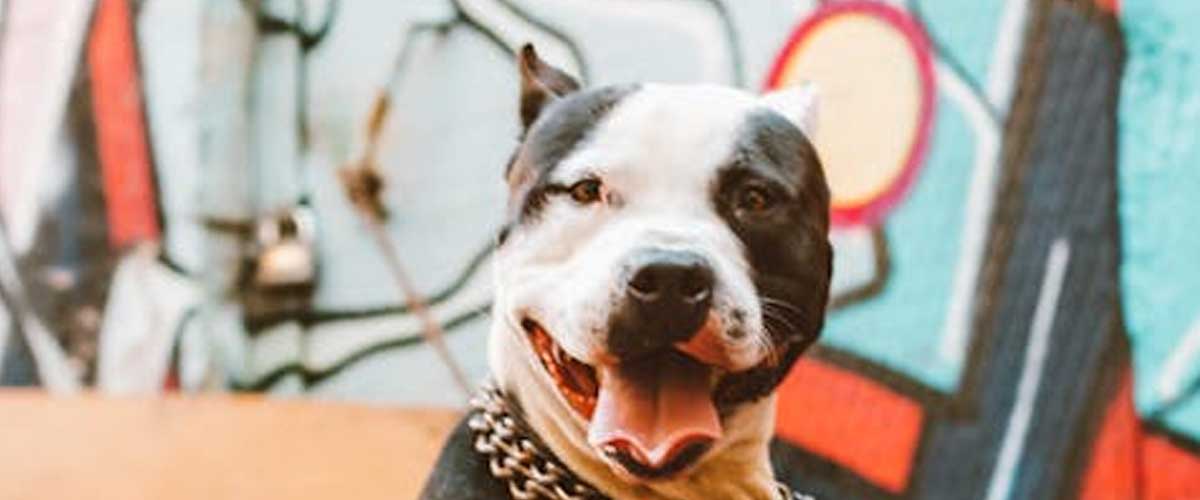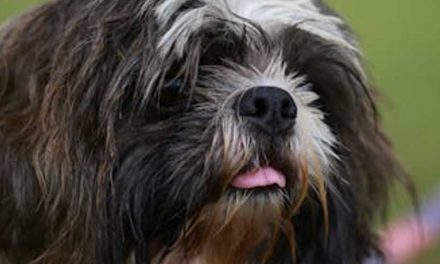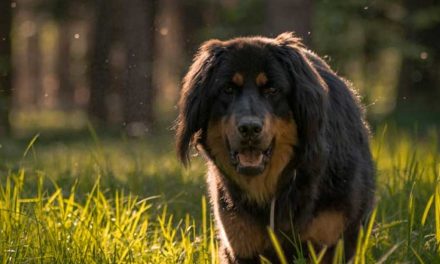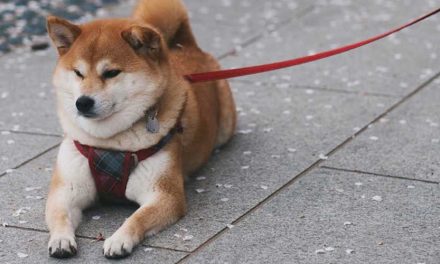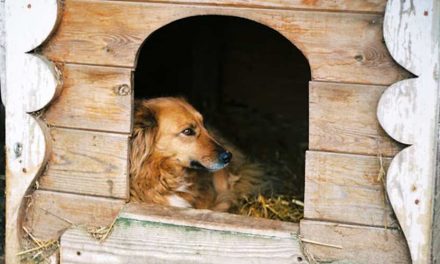The American Pit Bull Terrier (APBT) is a breed that evokes strong feelings and polarized opinions.
Known for their muscular build and energetic personality, these dogs are often misunderstood.
Despite negative stereotypes, they can be loving companions when properly trained and socialized.
This article explores the breed’s history, characteristics, temperament, and care requirements.
History
The American Pit Bull Terrier’s origins trace back to the late 19th century in the United States.
They were developed from bulldog and terrier breeds to assist in farm work, particularly for herding livestock and hunting.
Over time, the breed became associated with dog fighting, a dark chapter that led to much of the stigma surrounding APBTs today.
Fortunately, responsible ownership and advocacy efforts have helped shift perceptions of this breed.
Physical Characteristics
The American Pit Bull Terrier is a muscular, athletic dog with a strong, compact build.
They typically stand between 18 to 21 inches tall at the shoulder and weigh between 30 to 85 pounds.
Their coats are short and come in various colors and patterns.
The breed has a broad head with strong jaws and a defined stop, giving them an imposing appearance.
Temperament
Despite their tough exterior, APBTs are often known for their affection and loyalty to their families.
They are intelligent, eager to please, and highly trainable.
With proper socialization from a young age, they can get along well with children, other pets, and even strangers.
However, due to their strong prey drive, it’s essential to supervise interactions with smaller animals.
Training and Socialization
Training is crucial for the American Pit Bull Terrier, as they thrive on mental and physical stimulation.
Positive reinforcement techniques work best, as harsh training methods can lead to behavioral issues.
Early socialization is vital to help them develop into well-rounded adults, exposing them to a variety of environments, people, and other animals.
Exercise Needs
APBTs are energetic dogs that require regular exercise to maintain their physical and mental health.
Daily walks, playtime in a secure yard, and activities such as agility or obedience training can help keep them engaged.
Without adequate exercise, they may develop destructive behaviors due to boredom.
Health Considerations
Like all breeds, APBTs are prone to specific health issues. Common concerns include hip dysplasia, skin allergies, and heart disease.
Regular veterinary check-ups, a balanced diet, and proper exercise can help ensure that they lead a healthy, active life.
Conclusion
The American Pit Bull Terrier is a breed full of vitality, intelligence, and affection.
They thrive in loving homes where they receive adequate training, socialization, and exercise.
While their history may be marred by negative stereotypes, with responsible ownership, APBTs can be fantastic companions.
It’s essential for potential owners to look beyond societal misconceptions and see the true character and potential of this remarkable breed.

